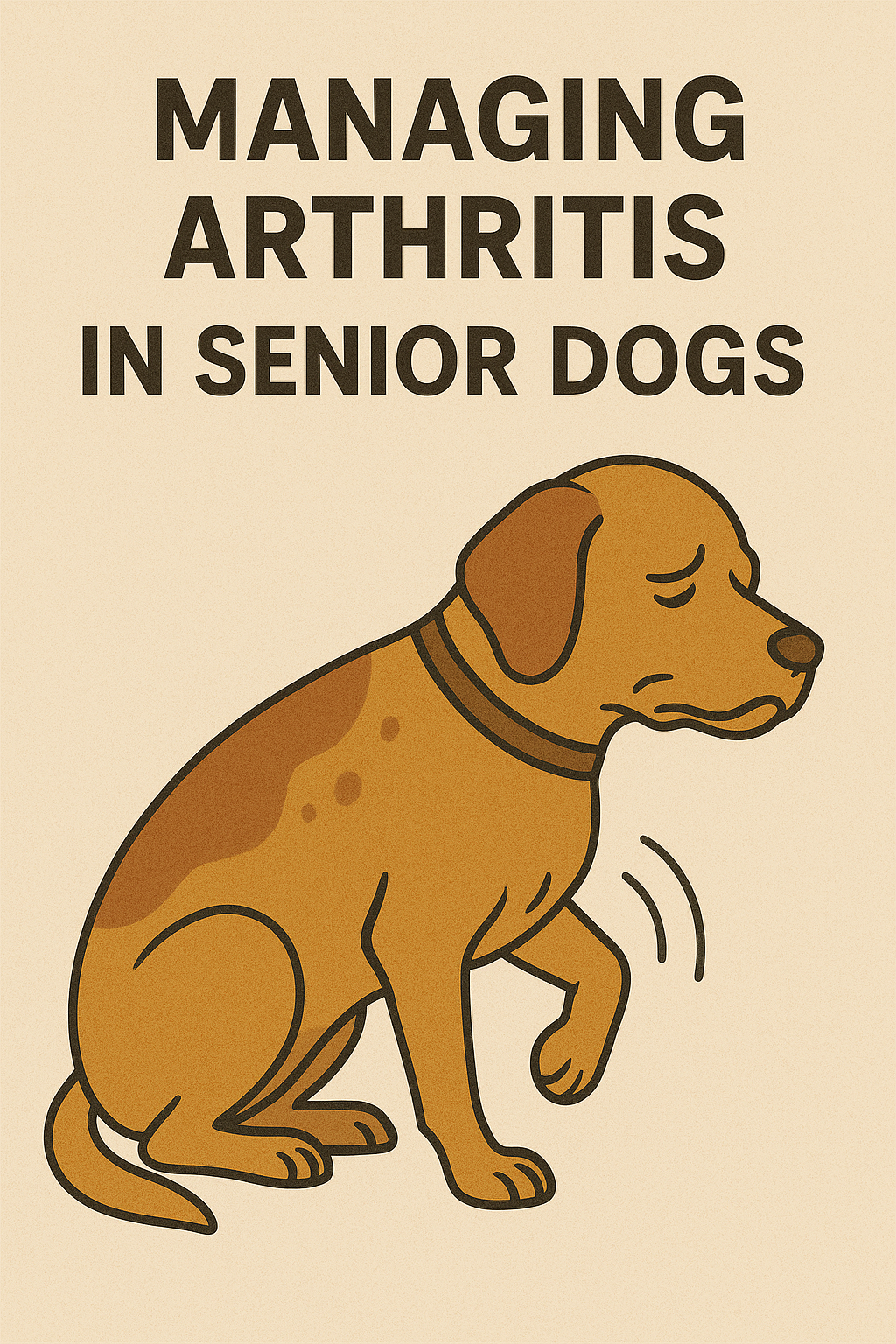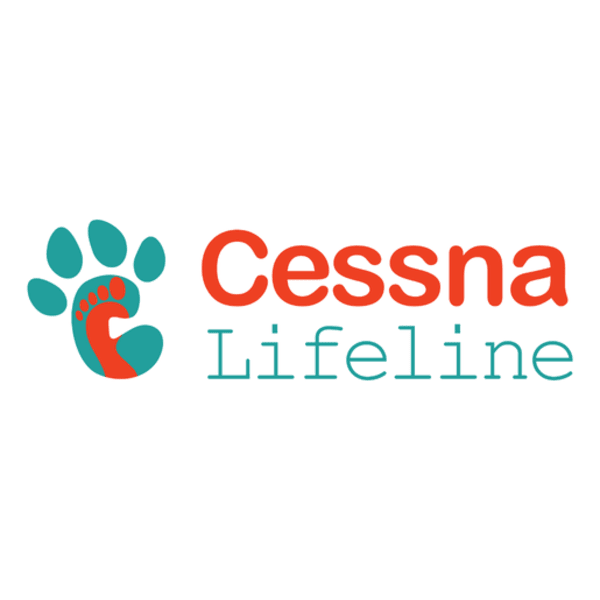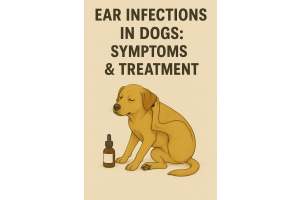Managing Arthritis in Senior Dogs

As our beloved dogs age, they may face a variety of health challenges — one of the most common being arthritis. Arthritis in dogs, also called osteoarthritis or degenerative joint disease, is a progressive condition that causes joint pain and stiffness.
While arthritis cannot be cured, it can be effectively managed to improve mobility and quality of life. Here’s a comprehensive guide to managing arthritis in senior dogs, including treatment options offered by Cessna Lifeline Veterinary Hospital.
What Causes Arthritis in Dogs?
Arthritis typically results from the gradual wear and tear of joint cartilage. Common causes include:
-
Aging: Most prevalent in senior dogs.
-
Previous injuries: Old fractures or ligament injuries can lead to arthritis later.
-
Genetics: Large breeds like Labradors, German Shepherds, and Golden Retrievers are more susceptible.
-
Obesity: Extra weight puts additional strain on joints.
Signs Your Dog May Have Arthritis
Dogs are experts at hiding pain. Watch for subtle signs such as:
-
Stiffness after resting or first thing in the morning.
-
Reluctance to jump, climb stairs, or exercise.
-
Limping or favoring a leg.
-
Difficulty standing up or lying down.
-
Decreased interest in play.
-
Behavioral changes such as irritability.
If you notice these signs, schedule an examination at Cessna Lifeline Veterinary Hospital for an accurate diagnosis.
Diagnosing Arthritis
A thorough veterinary exam typically involves:
-
Physical examination: Checking joint range of motion and pain points.
-
X-rays: Assessing joint changes and cartilage loss.
-
Blood tests: Ruling out other conditions like infections or immune-related diseases.
Treatment Options
Although arthritis cannot be reversed, comprehensive treatment can reduce pain and improve mobility.
Weight Management
Excess weight puts tremendous pressure on arthritic joints. A weight-loss plan, supervised by your vet, is one of the most effective ways to manage arthritis.
Medications
-
NSAIDs (Non-steroidal anti-inflammatory drugs): Reduce pain and inflammation.
-
Joint supplements: Glucosamine, chondroitin, and omega-3 fatty acids can support joint health.
-
Pain relievers: When NSAIDs alone are not enough, additional pain medications may be used.
Physical Therapy
Rehabilitation exercises and therapeutic massages help maintain muscle strength and improve joint function. Hydrotherapy (swimming) is a low-impact option many dogs enjoy.
Alternative Therapies
Some senior dogs benefit from:
-
Acupuncture.
-
Laser therapy.
-
Shockwave therapy.
Cessna Lifeline Veterinary Hospital offers advanced modalities tailored to your dog’s needs.
Environmental Modifications
-
Provide soft, supportive bedding.
-
Use non-slip mats to prevent slipping.
-
Install ramps to help with steps or furniture.
-
Raise food and water bowls to reduce neck strain.
Surgery
In severe cases, surgical options like joint replacement or arthroscopy may be discussed. Surgery is generally reserved for advanced arthritis unresponsive to other treatments.
At-Home Support
-
Gentle exercise: Regular, controlled walks help maintain mobility.
-
Monitor closely: Watch for sudden worsening of symptoms.
-
Adjust activity levels: Avoid high-impact activities.
Why Choose Cessna Lifeline Veterinary Hospital?
-
Experienced orthopedic and pain management team.
-
Comprehensive diagnostic imaging.
-
Custom rehabilitation and exercise plans.
-
Gentle handling and senior dog-friendly facilities.
Final Thoughts
While arthritis is a lifelong condition, it does not have to mean a life of pain or inactivity. With early diagnosis and proper treatment, senior dogs can continue to enjoy happy, active years.
Cessna Lifeline Veterinary Hospital is dedicated to helping your senior dog feel comfortable and loved every step of the way.






